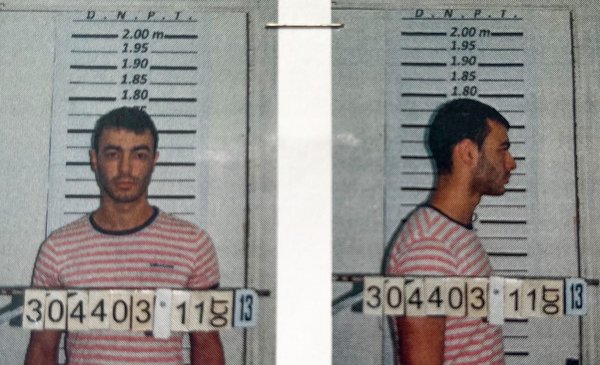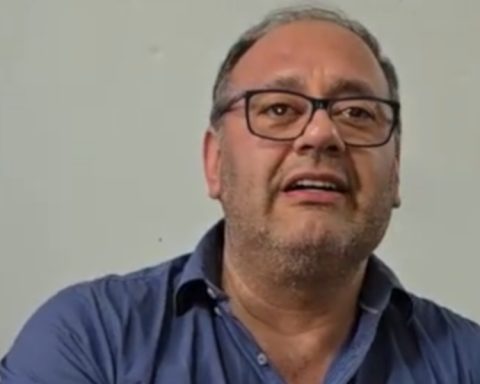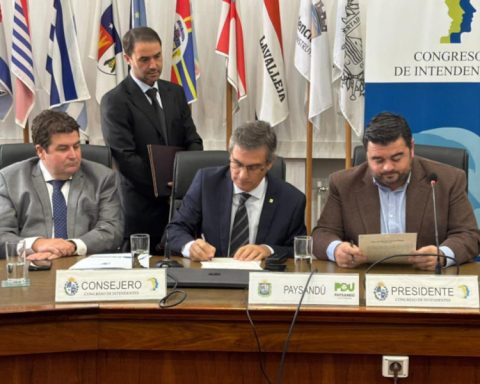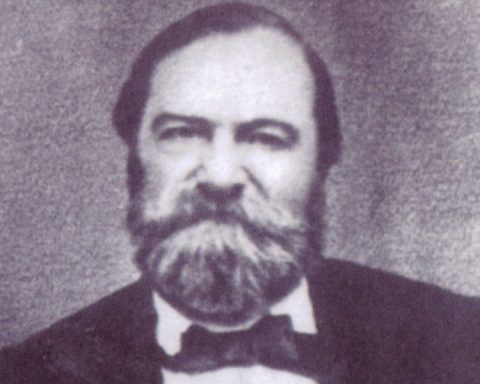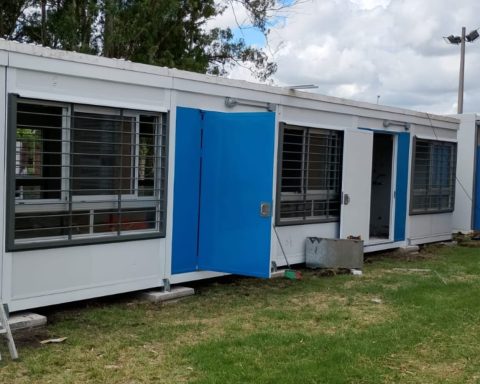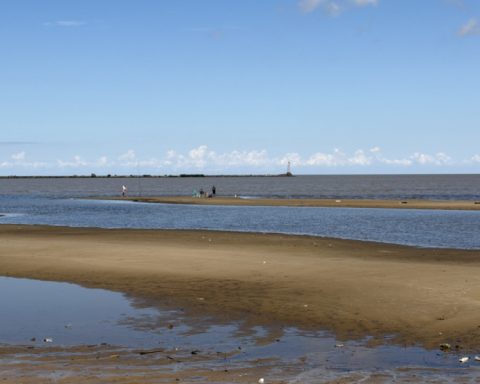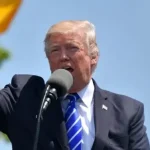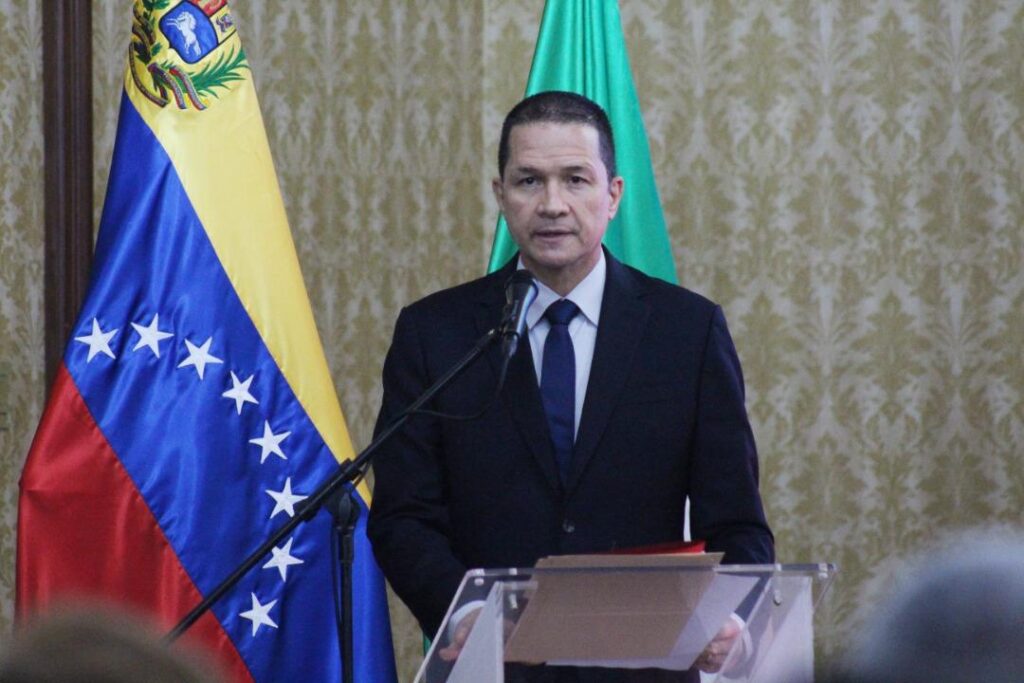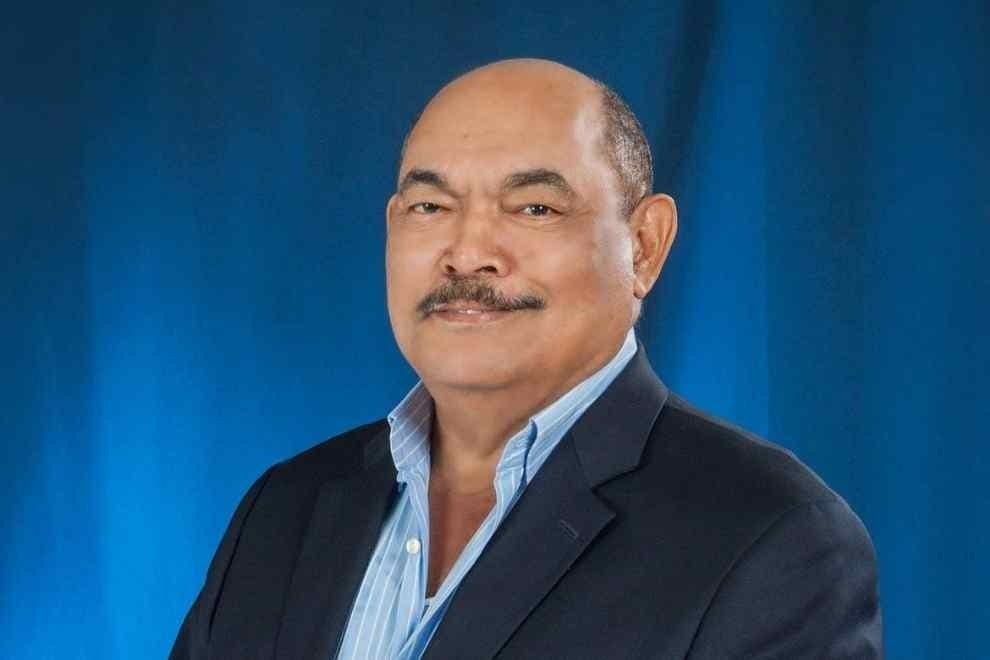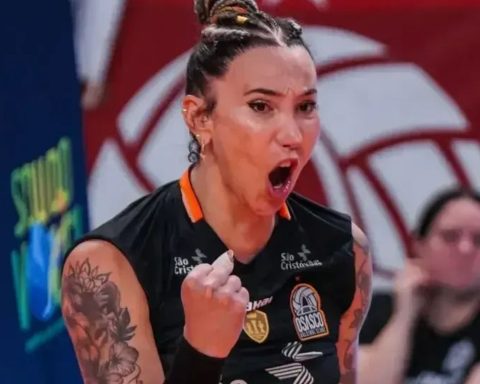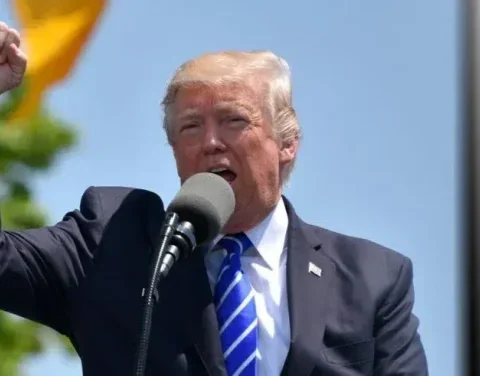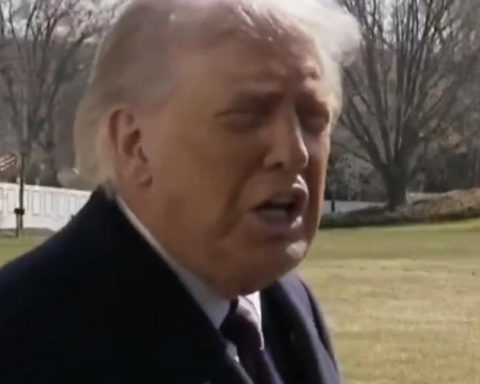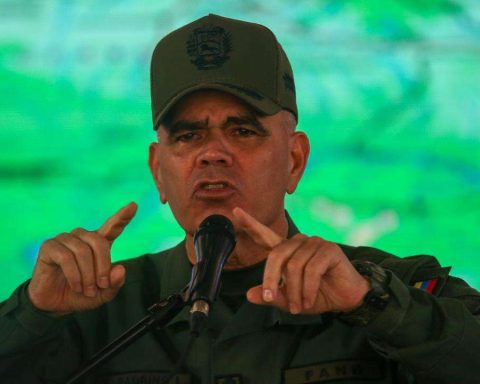At the end of September 2013, Sebastián Marset appeared at a police station, as if he had nothing to hide. Without hesitation, he said that he worked in Toledo Chico, that he earned $10,000 a month and briefly explained a confusing episode in which he was in the car with his friend Richard “Tato” Chaves carrying some marijuana plants, they were intercepted by the police but they managed to flee. That earned him a prosecution without imprisonment for the hypothesis of possession of narcotics for non-consumption. Behind the facade of a nervous Marset, who when he found out that he was being persecuted showed up at the sectional, there was already a meganarch that had people under his command in various neighborhoods of Montevideo, in other departments in the interior of the country and in other countries. Their movements and links were closely followed by investigators who carried out telephone interventions requested by prosecutor Mónica Ferrero and judge Adriana de los Santos.
Marset’s transformation into a large drug trafficker did not occur progressively —or at least it was not documented in that way—, the first time that the authorities detected his operations was on August 12, 2013. According to an official declared before the Justice, the investigation into Marset began when measures were requested on the data extracted from the Paraguayan pilot Juan Domingo “Papacho” Viveros -uncle of former Paraguayan President Horacio Cartes-, arrested in the department of Durazno when he went to drop drugs from a plane. Links to several Paraguayan and Argentine numbers were recorded on his phone, but also two Uruguayan cell phones that the investigators linked to Sebastián Marset. There were also emails that connected Papacho with other inmates housed in the Las Rosas prison in Maldonado.
From there, the wiretaps began on Marset, which were later on the rest of his family. From there it emerged that two owners of a whiskey from Artiguenses nicknamed “El Gallego” and “El Joti”, who were also father and son, gave the drug to Marset and his partner, Pablo Invernizzi -who was reported to have committed suicide in the Punta de Rieles jail last weekend. The artiguenses bought it from a Brazilian who lived in Barra do Quaraí —a small town bordering Bella Unión—. In this way, Marset and Invernizzi went to find the drug in Bella Unión and then kept it in the house of Martín Chaves, in Jacinto Vera. Chaves sold it at retail and gave the proceeds to Marset.
In addition, from the judicial file accessed by El Observador, it appears that, in different ways, Marset had links with people in Colonia, San José, Paysandú, Maldonado, Mercedes, Durazno and Salto, and was even in those departments for the business of the drug. In the metropolitan area, he had links with people from the Aires Puros, Cerro, Malvín Norte, Parque Rodó, Peñarol, Costa de Oro neighborhoods, among others. In some of those places he had been doing business, in others he had people and through others shipments of him had passed.
At the international level, the main ties he had were regional: he bought drugs in Argentina —in Operation Halcón he was convicted for that—, in Brazil and, as Invernizzi stated in the case, he also had “some contact in Bolivia and Paraguay”. Despite this, his girlfriend at the time, Romina Rodríguez —also convicted— declared that with her meager income —she did not earn more than $15,000—, she had traveled with Marset alone to Buenos Aires and Spain to buy clothes. . In turn, Chaves stated that he owed Marset money in euros.
Although he tried to remove responsibility, for the police it was clear: it was Marset who got the clients and suppliers. When a shipment they brought from Bella Unión was useless and they returned it to him because of the poor quality of the drug, it was he who suggested bringing it from another place and they went to buy it in Buenos Aires, according to others involved.
When asked who the drug was for, his girlfriend replied: “The drug was all for Sebastian.” When asked who was the owner of the business, another of the defendants replied: “Sebastián.” “I was an intermediary, I had acquaintances who wanted drugs and I presented them to them,” he added.
In this case, they ended up convicting him of drug trafficking from Bella Unión and for a shipment that Invernizzi and Rodríguez brought from Buenos Aires. In this last episode he was arrested when he was a pointer for Invernizzi at the height of Mercedes.
They suspected that a policeman from Zone III made deliveries for him
Marset’s mother declared before the Justice that at a certain point in the operation, she knew that they were watching her, she said that the same policemen had told her. “I thought that —the police officers— were drug traffickers because they were private and armed,” she said.
One of them insistently asked about Marset. Days before, this policeman had been talking for a long time with his son in the pallier of his house. The next day, the woman was intercepted when she was returning from the bank and the police warned her that they were going to search her house. At a certain point, while they showed him the wiretaps and asked for information about it, they asked Marset’s mother if she had ever given anything to that policeman. She told him no. “You have to bring me something,” she had said to him as recorded in a conversation. At another point, the policeman asked “how Sebastián was doing” and if they had taken “the packages” to Tato.
She was also questioned about another part of the audio in which she told the police: “Come by after five to look for that.” Marset’s mother said she did not remember what she meant by “that”. Later, Marset stated that she met this policeman when he was prosecuted without imprisonment and that when he said “that” he was referring to the memory of a camera that had been seized from him and had never been returned to him.
